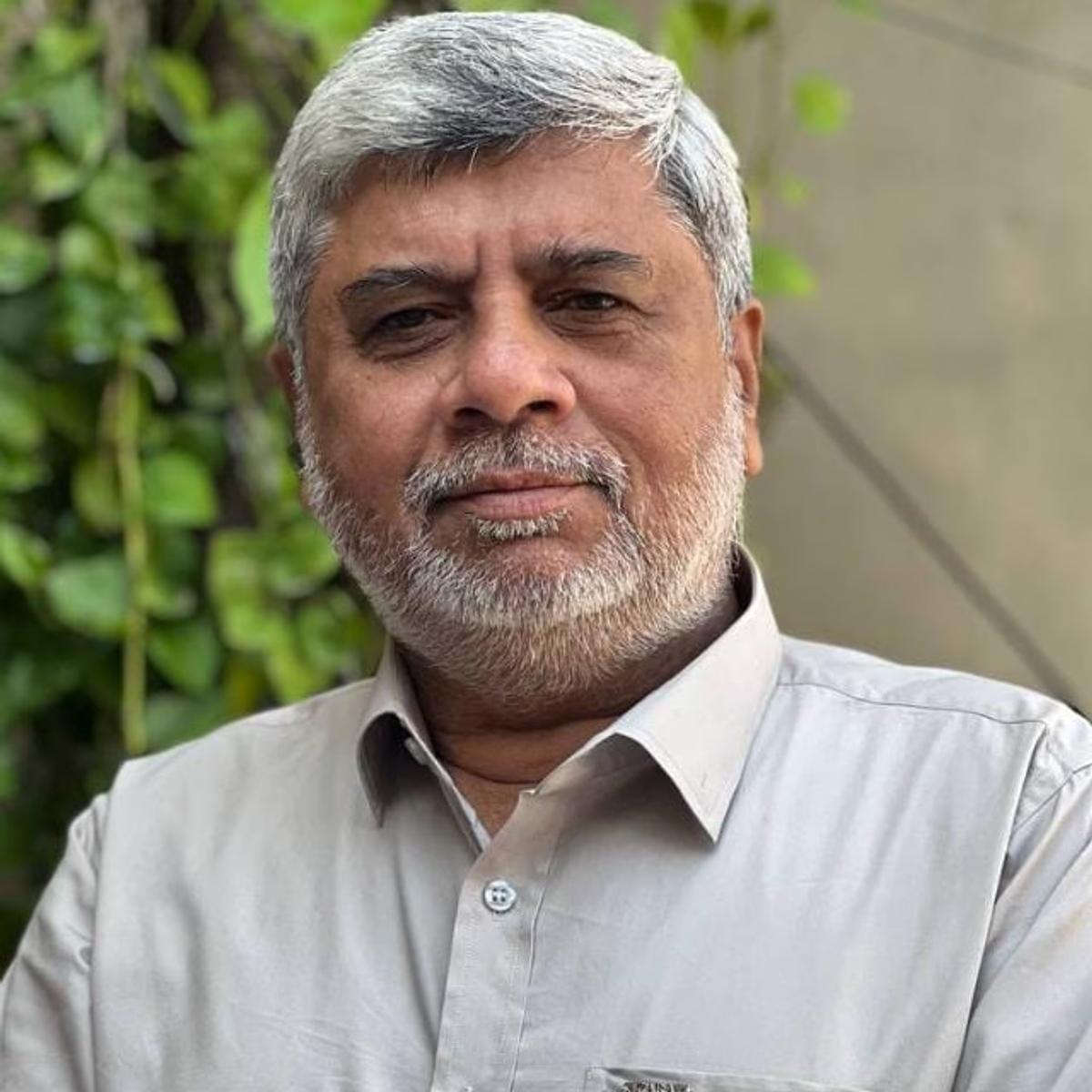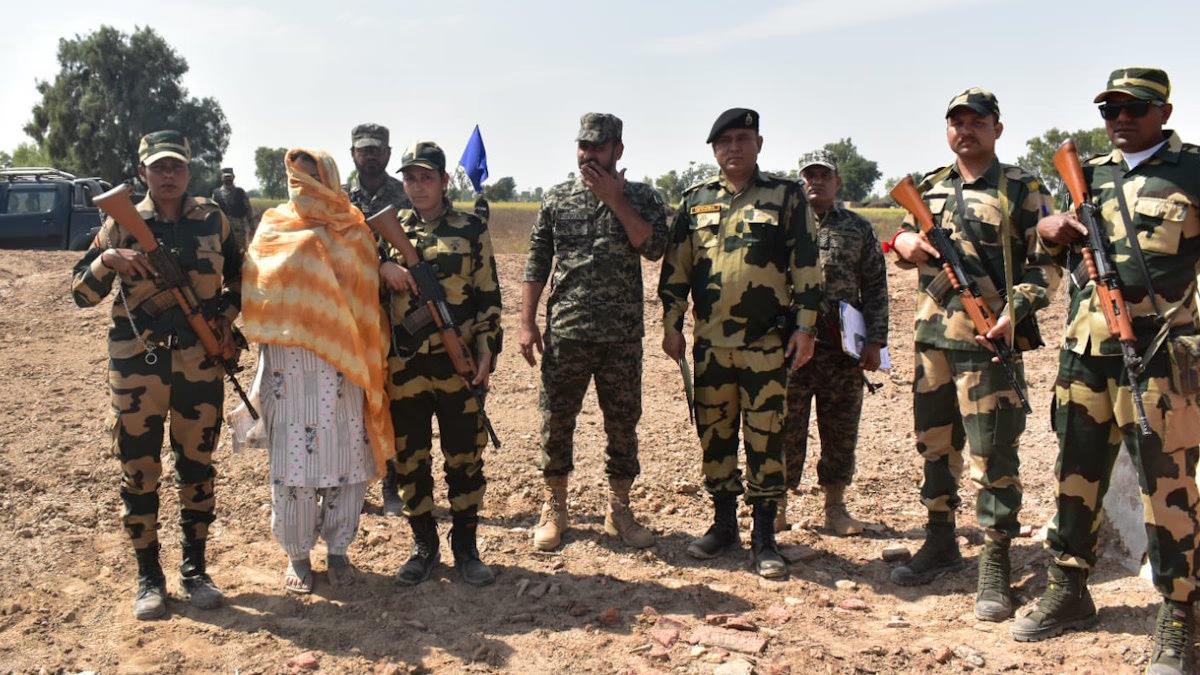Recently, a 32-year-old Pakistani woman named Humara crossed the India-Pakistan border in Rajasthan's Sri Ganganagar district and entered India. The reason given by this woman for entering India has shown the mirror of the condition of women in Pakistan. When the BSF caught her, her sad face, tired eyes and painful story not only told the personal tragedy of a woman but also clearly showed the worse picture of women in Pakistan in the form of Humara. Humara told that she was constantly being a victim of domestic violence in Pakistan. When no one listened to her, she came to India in distress because women are respected a lot in India.
This story is not of just one woman Humara but of millions of women in Pakistan who are facing inhuman conditions like honor killing, forced marriage, domestic abuse and sexual violence there. Women in Pakistan are culturally treated as second class citizens. Reports from the United Nations and several human rights organizations confirm that the situation of women in Pakistan is worrying. According to a report by Amnesty International, violence against women and girls is becoming increasingly common in Pakistan. According to a report by Human Rights Watch, violence against women and girls in Pakistan, incidents such as rape, honor killing, acid attack, domestic violence and forced marriage remain a serious problem. Pakistani social workers estimate that about 1,000 honor killings occur every year. The government in Pakistan has done little to prevent forced marriages. A UNICEF report shows that child marriage of Pakistani girls is a major problem. The number of child brides in Pakistan ranks sixth in the world. According to the Pakistan Human Rights Commission, domestic violence is a matter of concern in Pakistan. More than 90 percent of women have faced domestic violence in their lifetime. But in most cases women are deprived of justice because the legal and social structures there are tilted in favor of patriarchy. How sad is the situation that every year hundreds of women are killed by their own family members just because they dared to marry of their own free will or go against the traditions of the house. It is very difficult for rape victims to get justice in Pakistan because the criminals get social, religious and legal protection.
The female literacy rate in Pakistan is much lower than that of men. One of the most widespread problems in Pakistan's literacy rate is the difference between men and women. According to last year's data, the literacy rate of men there is better than that of women. About 72 percent of people in Pakistan are literate while about 52 percent of women can read and write. In many places there, girls are prevented from going to school.
Humara's coming to India is not only her tragedy as a woman but also a symbol of the failure of Pakistan's social and political system. When a woman does not get protection in her own country, she is forced to find shelter elsewhere.
The condition of women in India cannot be called completely ideal either, but here at least they get constitutional rights and legal protection. There are strict laws to prevent crimes against women and they do get justice.
Humara did not want to return to Pakistan. She had clearly refused to go back to Pakistan and sought refuge in India. She said that if she returned to Pakistan she would be killed but finally she was handed over to the Pakistani Rangers. Crying, Humara went back to Pakistan but left behind many questions related to Pakistani women. Humara is not just a name but a voice of thousands of Pakistani women who are victims of oppression every day. Humara crossed the border illegally, she could have been shot but she still did so. Humara's crossing the border raises the question that till when will women in Pakistan continue to be victims of inequality, violence and injustice?
This is the time for introspection for Pakistan, organizations fighting for human rights and organizations claiming to fight for women's rights. Women's rights in Pakistan have to be implemented not just on paper but at the ground level. Otherwise, more women like Humara will be forced to cross the border of some country or the other. Sometimes in reality, and sometimes in their desires and dreams. If a woman becomes a stranger in her own country, what can be more unfortunate than this?






















